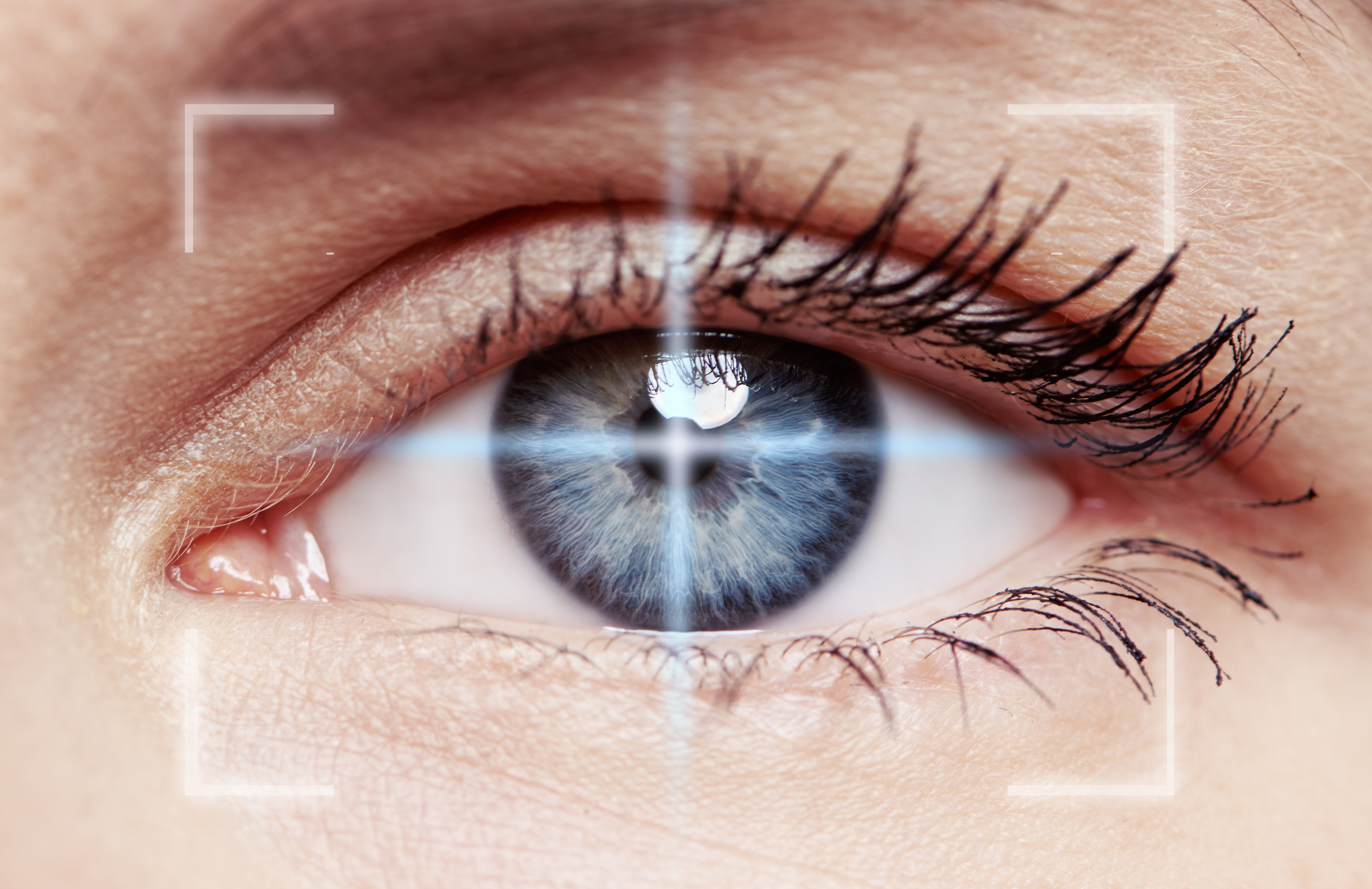
The cornea is the transparent layer of tissue on the front of the eye. It is responsible for focusing the light entering the eye so one can see clearly. The cornea covers the front portion of the eye, including the pupil, iris, and anterior chamber. Unlike most other body tissues, the cornea does not contain blood vessels. Instead, the watery fluid and tears in the anterior chamber provide the nutrients it needs.
In case of minor abrasions, the cornea usually repairs itself quickly. However, deeper scratches may lead to the formation of scars on the cornea. That can affect its transparency, leading to visual problems. For more severe damage, corneal transplant surgery might be necessary.
What Is Corneal Transplant Surgery?
Also known as keratoplasty, corneal transplant surgery involves the removal of part or all the patient's cornea and replacing it with a healthy layer of corneal tissue from a donor. Many generous people choose to donate their corneal tissue when they die. The procedure can restore vision, reduce eye pain, and even improve the appearance of a scarred and white cornea.
Recovering From Corneal Transplant
Recovering from a total corneal transplant can take up to one year or longer. Following the procedure, you may experience blurry vision for the first few months. Your eyesight may even worsen as you get used to your new cornea.
But as your eyesight improves, you will slowly be able to resume your normal daily activities. Avoid heavy lifting and exercise for the first several weeks. Depending on how fast your vision improves, you should resume work after a week, depending on your job.
To help your body accept your corneal implants, your eye doctor may prescribe steroid eye drops for several months. They may recommend other medications to help prevent swelling, discomfort, and infection. During this period, you should protect your eyes by wearing eyeglasses or a shield. That will ensure that nothing enters or bumps your eyes.
If your eye doctor used stitches in your procedure, you should get them removed three to 17 months after surgery, depending on your rate of healing and the health of your eye. Also, the doctor may adjust the sutures to help reduce astigmatism caused by an irregular eye surface.
Other Recovery Tips
Following corneal graft surgery, you will play the most crucial role in your recovery. Some of the steps you should take include:
Follow Your Doctor's Advice
The best way to avoid complications is to follow your doctor's instructions. That includes taking your medications as recommended and keeping your follow-up appointments.
During your appointments, your eye doctor at Sacramento Eye Consultants will assess your vision in the eye with the corneal graft. Sometimes, the eyesight in that eye may differ from the other eye, which can be very disturbing. Fortunately, contact lenses or eyeglasses can help improve the situation.
Take Good Care of Your Eyes
It would help if you looked after your eye once you returned home after surgery. To accelerate your recovery, always remember the following points:
Avoid dusty or smoky places to prevent eye irritation
Do not rub your eyes
Wear sunglasses if your treated eye is sensitive to light
Avoid strenuous activity during the first week after undergoing corneal transplant surgery
Avoid swimming and contact sports until your eye doctor tells you it is safe
Take three to four months off work if your job involves heavy manual labor
Be careful not to get water in your treated eye while showering
Avoid driving until your eye doctor gives you the green light
Conclusion
Your eye doctor cannot predict how your body will respond to a corneal graft. The procedure is complex. Hence, following your doctor's advice is essential.
For more on corneal transplant surgery, visit Sacramento Eye Consultants at our Sacramento or Lincoln, California office. Call (916) 915-0300 today to schedule an appointment.











